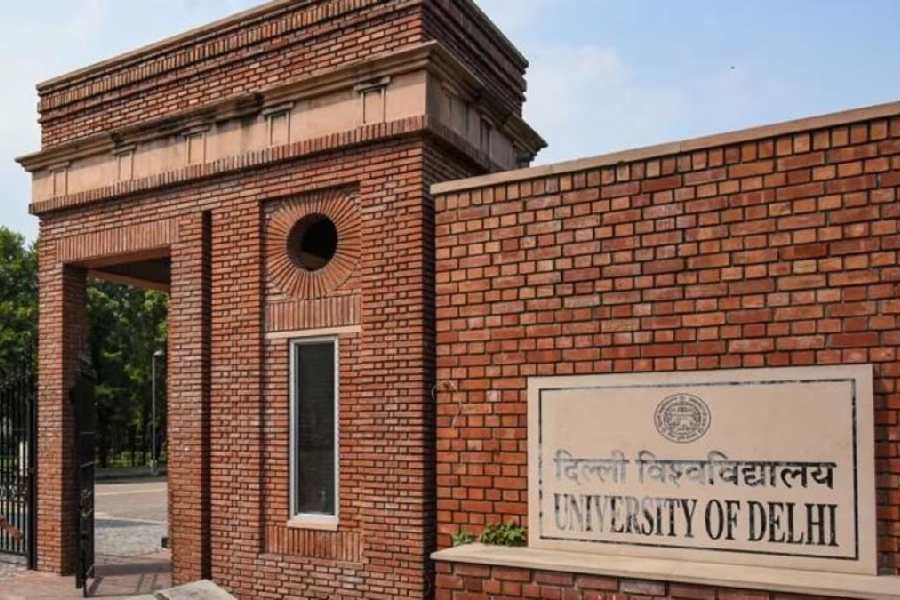The Supreme Court has slammed the Centre for exploiting workers by refusing to regularise their employment and sacking them arbitrarily during the pendency of the dispute before the Central Administrative Tribunal (CAT).
The court asked government departments “to lead by example in providing fair and stable employment”.
A bench of Justices Vikram Nath and P.B. Varale passed the verdict while quashing the termination of four Class IV employees who had worked with the Central Water Commission (CWC) for over a decade and the government’s refusal to make their employment permanent.
“The pervasive misuse of temporary employment contracts, as exemplified in this case, reflects a broader systemic issue that adversely affects workers’ rights and job security. In the private sector, the rise of the gig economy has led to an increase in precarious employment arrangements, often characterised by lack of benefits, job security and fair treatment. Such practices have been criticised for exploiting workers and undermining labour standards.
“Government institutions, entrusted with upholding the principles of fairness and justice, bear an even greater responsibility to avoid such exploitative employment practices. When public sector entities engage in misuse of temporary contracts, it not only mirrors the detrimental trends observed in the gig economy but also sets a concerning precedent that can erode public trust in governmental operations,” Justice Nath, who authored the judgment, observed.
The bench said it was a disconcerting reality that temporary employees, particularly in government institutions, often faced multifaceted forms of exploitation.
“While the foundational purpose of temporary contracts may have been to address short-term or seasonal needs, they have increasingly become a mechanism to evade long-term obligations owed to employees. These practices manifest in several ways… in our opinion, it is imperative for government departments to lead by example in providing fair and stable employment.
“Engaging workers on a temporary basis for extended periods, especially when their roles are integral to the organisation’s functioning, not only contravenes international labour standards but also exposes the organisation to legal challenges and undermines employee morale,” Justice Nath observed.
The court passed the ruling while allowing the appeal filed by four erstwhile employees of the CWC — three of whom were serving as cleaning staff and the fourth as a gardener. The CAT and Delhi High Court had dismissed their plea, aggrieved by which they filed the appeal.
The bench noted that throughout their engagement for more than a decade, these workers had performed essential housekeeping and support functions at CWC establishments, including its offices at Faridabad in Haryana, ensuring daily upkeep and contributing to the smooth functioning of the commission’s administrative operations.
The court held that the abrupt termination of the appellants’ service on October 27, 2018, within 10 days of the dismissal of their petition before the CAT for regularisation of their services, was arbitrary and devoid of any justification as showcause notices were not issued and principles of natural justice violated.
The court said that by ensuring fair employment practices, government institutions can reduce the burden of unnecessary litigation, promote job security and uphold the principles of justice and fairness that they are meant to embody.











